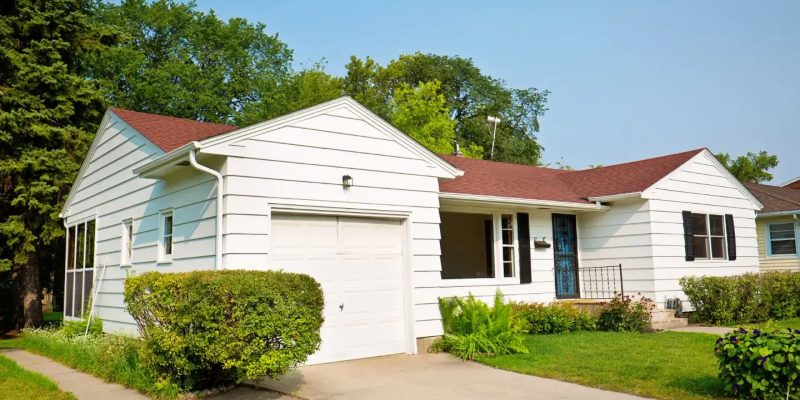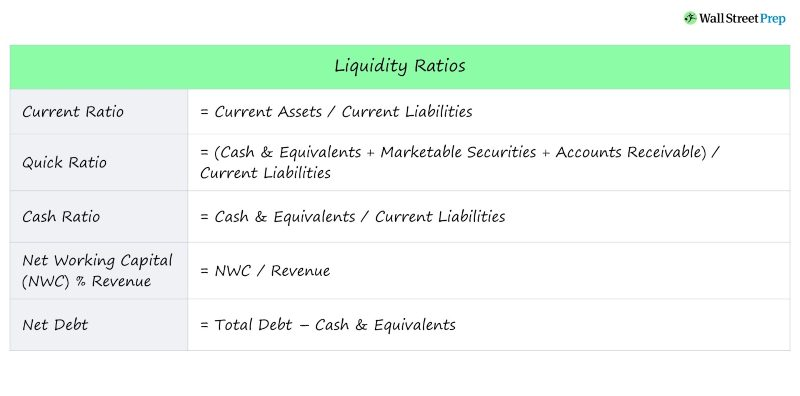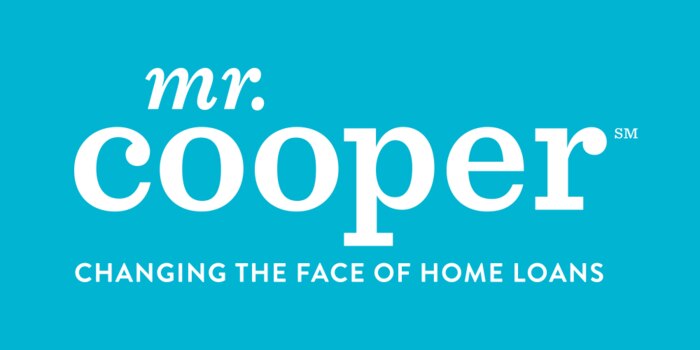To buy a house costing $275,000, the following applicant qualified for a $275,000 FHA loan. He's always on Time with his monthly installments. Today's mortgage loan debt is $250,000, but the market value has climbed to $350,000. Here, a loan of approximately 80% of the home mortgage (i.e., $350,000 multiplied by $ 80, which equals $280,000) would be acceptable. The highest "cash-out" payment is $30,000 (minus closing expenses) if the outstanding mortgage balance of $250,000 is subtracted.
What Is An FHA Refinancing Cash-Out?
When you pay off your debt through the Federal Housing Administration (FHA), customers may get cash out of your home's equity without having to pay private mortgage insurance (PMI) (FHA). Your equity, the balance on your present loan, and, indeed, the amount of money you need are all factors in determining the size of the new loan. Ideally, the latest loan's borrowing cost would be reduced as well.
How A Cash-Out Refinance With The FHA Works

Suppose you have a mortgage of $200,000 and an evaluation of $400,000 for your house. To qualify for an FHA cash-out refinancing, your home's value must be at least 80% of the loan amount. Of that amount, $200,000 would be used to eliminate your current mortgage. The whole $320,000 is not required, however. Assume a significant house makeover will cost you $100,000.
Guidelines For FHA Cash-Out Refinances
Scores For Credit
An FHA cash-out refinancing requires creditworthiness of 580 or more, as per agency requirements. Since cash-out mortgage refinances are more thoroughly selected than even a house purchase, most Time home buyer lenders establish their limitations higher to include an average requirement of 600 - 620. Some businesses won't even consider applicants without at least one credit score. At the same Time, some insist that you take the average of all three scores that apply or the lesser of two. For eligibility considerations, the lowest percentage would indeed be utilized. You should talk to a qualified loan officer if you have questions about the lending institution's minimum credit score criteria.
The Ratio Of Debt To Income
So that borrowers don't take on more financial obligation than they can reasonably pay, the Federal Housing Administration has established debt-to-income ratio requirements. As a result, many borrowers opt to eliminate certain loans to maintain a low ratio. There are two separate computations to think about here:
Cost Of Mortgage Payment To Actual Income
Just divide your monthly housing costs by your gross income to determine this. The entire mortgage payment includes the principal, interest, tax and insurance escrows, mortgage insurance, HOA fees, and any other fees associated with the mortgage. Calculate the percentage by dividing the sum by the monthly gross income. The cutoff for acceptance is set at 31%.
The Ratio Of Total Fixed Payments To The Actual Income

Calculate the sum of your monthly costs, including your mortgage payment (principal but instead interest, escrow payments including taxes, hazard health coverage, mortgage cost of insurance, homeowner's special assessments, etc.), plus any other recurring or installment debt. Calculate the percentage by dividing the sum by the total household income. Your monthly payment obligations are included in your overall debt ratio, which must be less than 43% to qualify.
Loan To Value Limit
The maximum loan-to-value for a cash-out refinancing loan via the Federal Housing Administration is 80%. The loan-to-value (LTV) ratio is found by dividing the requesting amount of the loan by the appraised value of the property.
Requirements For Payment History
Borrowers must provide proof that they have paid their loan on Time every month for the last 12 months or the entire term of the loan if that is shorter. Refinancing a mortgaged property requires six months of on-time payments. Refinancing your house for cash out is possible if you have no mortgage on the property.
Conclusion
Suppose you've made considerable progress on your mortgage and have equity in your house. In that case, you may be able to use it as collateral to get a loan for large purchases like a car or home improvements like a bathroom or kitchen remodel. The FHA cash-out refinancing is an excellent approach to taking advantage of your home's equity. Accessing your home's equity via an FHA cash-out refinancing might be a simple and inexpensive method to put that money to good use. Cash from just a cash-out refinancing may be used for several purposes, including paying off high-interest debt, making needed home repairs, or investing in real estate. There are fewer restrictions on who is eligible for an FHA cash-out refinancing, and it comes with low-interest rates compared to other consumer lending alternatives.
watch next


